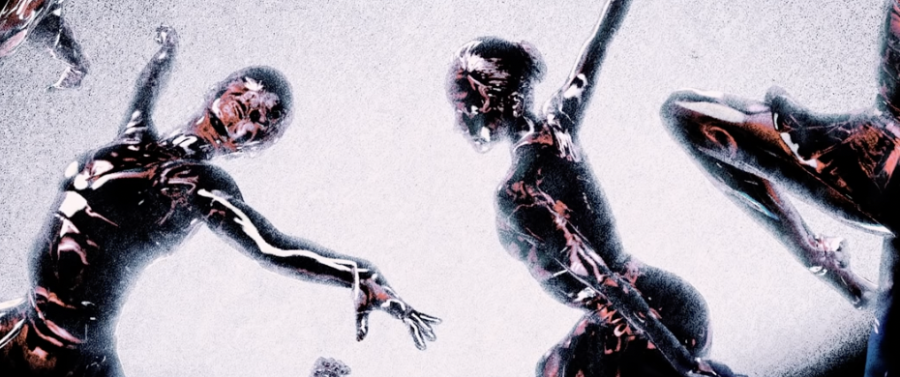On "Optimist", FINNEAS practices humble self-reflection
by Riana Buchman
2021-10-24

At this point, it’s hard to ignore FINNEAS’ renown as a talented pop artist and production powerhouse (not to mention eight-time Grammy winner at only 24 years old). Besides writing music and collaborating with sister Billie Eilish, he’s also produced songs for artists like Selena Gomez, Camilo Cabello, and Justin Bieber. In his debut full-length album, Optimist, FINNEAS embarks on a project that is all his own.
FINNEAS tackles several forces in 13 tracks, wrenching with everything from love (see: “Love is Pain”) to the world collapsing all around (see: “The Kids Are All Dying”). The opening song, “A Concert Six Months From Now,” is a stinging reminder of the world’s current reality despite being written in 2017 (“I’ve already purchased two seats for their show / I guess I’m an optimist”), all the while contrasting FINNEAS’ raspy lilt with an uproarious bridge. Similar tensions can be found in “The 90s,” this time using autotune features which jolt the audience wide awake.
The album positions FINNEAS as both observed and observer. In “The Kids Are All Dying,” the perspective shifts from “So shut up, the internet is mad / They say you’re problematic and you better take it back” to “I know my pool is heated / Business class is where I’m seated / And I’m whiter than the ivory on these keys.” The song plays out like an anthem, capturing modern day frustrations and the confusion which comes along with addressing complex issues like poverty and climate change. At times, the perspective shift can be confusing, but at others, it allows for an endearing, conversational back-and-forth. His awareness furthers in “Happy Now?” where he sings, “So take a drive around town in my douchebag car” and “They’d tell me, ‘Everything is not about you.’” In his self-reflection, FINNEAS humbles himself.
These perceptions, both by himself and others, give the record a sort of unsettling feel, as if the listener is examined under the same microscope as FINNEAS. In “Medieval,” FINNEAS talks about “going out of fashion,” and in “The 90s” he sings, “Hate how easy they can find me /
Just by looking up my mom’s address.” In a way, FINNEAS invites listeners to experience the same anxiety as he does.
Despite some of the album’s gloomy notes, FINNEAS cuts through the tension with moments of tenderness, as exhibited in “Peaches Etude,” a classical piano tribute to his pitbull. In “Only a Lifetime,” FINNEAS holds himself open and confesses, “Worry way too much about Mom” and captures glimmers of the life he loves with “It’s staying up too late at night and laughing under kitchen lights / So hard, you start to cry.”
Though some may be confused by the album’s sound compared to its title, FINNEAS has an answer. In a L’Officiel interview published on Oct. 19, FINNEAS explained:
“To me, the title is about the fact that being observant and articulate about all the things going on around you doesn’t necessarily mean you can’t be an optimist,” FINNEAS said.
As the final track, “How It Ends” clicks this statement into place. Upon first read, listeners may worry the ending will tell a somber tale, tying in with the album’s earlier messages. Delightfully, it delivers the opposite with lines like, “If you wanna dance again / you can dance again” and “If you wanna see the world / don’t take the highway.”
In a ceremonious finish, FINNEAS reassures listeners and reinforces his mindset, reminding them the gloom and doom he’s been singing about isn’t “how it ends.”
